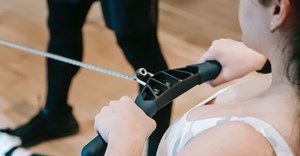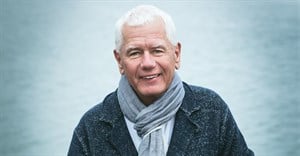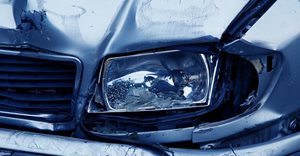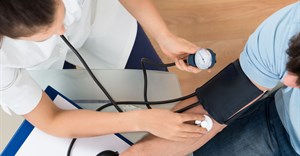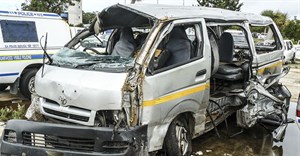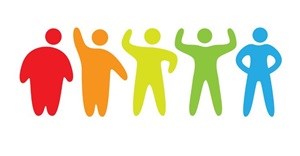Fat people more likely to die in a car accident
The cause could be that safety devices in cars are engineered for people of normal weight and not for those who are obese, the researchers claimed.
Transport safety scientists Thomas Rice of the University of California at Berkeley and Motao Zhu of the University of West Virginia delved into the US database, the Fatality Analysis Reporting System (FARS) to analyse road accidents.
They dug out data from 1996 to 2008, covering more than 57,000 collisions that involved two cars. These reports were whittled down to cases in which both parties involved in the collision had been driving vehicles of similar sizes and types.
The team then compared the risk of fatality against the victim's estimated body mass index (BMI), a benchmark of fat, which is calculated by taking one's weight in kilograms and dividing it by one's height in metres squared.
An adult with a BMI of between 18.5 and 24.9 is considered of normal weight. Below this is considered underweight. Between 25.0 and 29.9 is considered overweight; and 30.0 or above is obese.
The researchers found an increase in risk of 19% for underweight drivers compared with counterparts of normal weight.
For those with BMI of 30 to 34.9, the increased risk was 21%; for those with a BMI of between 35 and 39.9, it was 51%; for the extremely obese, with BMI of 40.0 or above, it was 80%.
Obese women were at even greater risk. Among those in the 35-39.9 BMI category, the risk of death was double compared with people of normal weight.
The estimates were made after potentially confounding factors - age and alcohol use, for instance - were taken into account.
Further work is needed to explain the big differences, but the researchers noted that obese people suffer different injuries from normal-weight individuals in car accidents.
Data from intensive-care units say that obese patients tend to have more chest injuries and fewer head injuries, are likelier to have more complications, require longer hospital stays - and are more likely to die from their injuries.
Another question is whether obese people used their seat belts.
Crash tests, conducted with cadavers, found that in a frontal collision, people of normal weight lurched forward slightly before the seat belt engaged the pelvic bone to prevent further movement, says the study.
But obese cadavers moved substantially forward from the seat, especially in the lower body. This was because abdominal fat acted as a spongy padding, slowing the time it took for the belt to tighten across the lap.
The results of the study were published in the Emergency Medicine Journal.
In the United States, "currently more than 33% of adult men and 35% of adult women are obese," the paper notes.
"It may be the case that passenger vehicles are well designed to protect normal-weight vehicle occupants but are deficient in protecting overweight or obese patients."
The final dataset used in the study entailed 3,403 pairs of drivers for whom data on weight, age, seat belt use and airbag deployment were available.
Almost half of these drivers were of normal weight; one in three was overweight; and almost one in five (18%) was obese.
Source: AFP via I-Net Bridge
Source: I-Net Bridge

For more than two decades, I-Net Bridge has been one of South Africa’s preferred electronic providers of innovative solutions, data of the highest calibre, reliable platforms and excellent supporting systems. Our products include workstations, web applications and data feeds packaged with in-depth news and powerful analytical tools empowering clients to make meaningful decisions.
We pride ourselves on our wide variety of in-house skills, encompassing multiple platforms and applications. These skills enable us to not only function as a first class facility, but also design, implement and support all our client needs at a level that confirms I-Net Bridge a leader in its field.
Go to: http://www.inet.co.za
